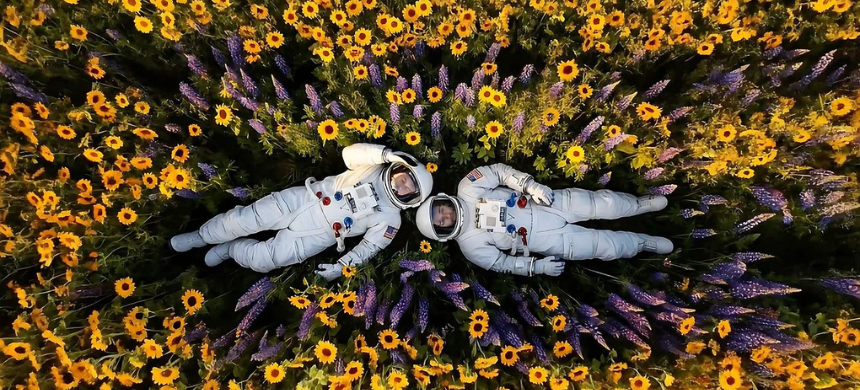Google Launches Veo 3, a Powerful AI Tool That Generates Videos With Synchronized Audio
CALIFORNIA — In a significant leap forward in generative AI, Google has officially launched Veo 3, an advanced AI video generation tool that not only creates high-quality visuals but also produces synchronized audio, including human dialogue and ambient sounds. The release, announced Tuesday, positions Google as a strong competitor to OpenAI’s video model Sora.
Veo 3 Features: Realistic Visuals + Audio
Veo 3 allows users to generate videos from both text and image prompts, making it a versatile tool for content creators. According to Eli Collins, VP of Product at Google DeepMind, Veo 3 can simulate realistic physics, perform accurate lip syncing, and deliver immersive audio experiences such as animal sounds and human speech.
Read More: Google Revises AI Ethics Guidelines, Removes Harm Prohibition
Currently, Veo 3 is exclusively available to U.S. users who subscribe to Google’s Ultra Plan priced at $249.99/month, and to enterprise users via Google Vertex AI. A broader rollout to other regions is anticipated in the coming months.
Google Also Launches Imagen 4 and Flow
In addition to Veo 3, Google announced two other cutting-edge AI tools:
- Imagen 4: A next-gen AI image model that produces photorealistic visuals with improved accuracy and detail.
- Flow: A filmmaking assistant that lets users create cinematic sequences by describing scenes, shot types, and visual styles. Flow is integrated into Gemini, Whisk, Vertex AI, and Google Workspace.
Tackling Competition and Controversy
The launch of Veo 3 comes amidst intense competition in the AI media generation space. OpenAI’s GPT-4o model, which can generate both video and audio, recently gained massive popularity—causing server overloads due to high demand.
Google, meanwhile, has revamped its AI portfolio after facing criticism over historical inaccuracies in Imagen 3, leading to its upgraded successor, Imagen 4.
To further strengthen its suite, Google also upgraded Veo 2, which now includes text-based video editing—allowing users to add or remove objects in videos using simple commands.
Google Expands into AI Music with Lyria 2
In the music domain, Google has introduced Lyria 2, an AI audio generation model tailored for music and effects. It is now available to YouTube Shorts creators and Vertex AI enterprise users, enabling even more robust multimedia content creation.
Conclusion: With Veo 3 and its companion tools, Google is positioning itself at the forefront of AI-generated content, offering creators, filmmakers, and businesses powerful new capabilities in video, audio, and image production.











